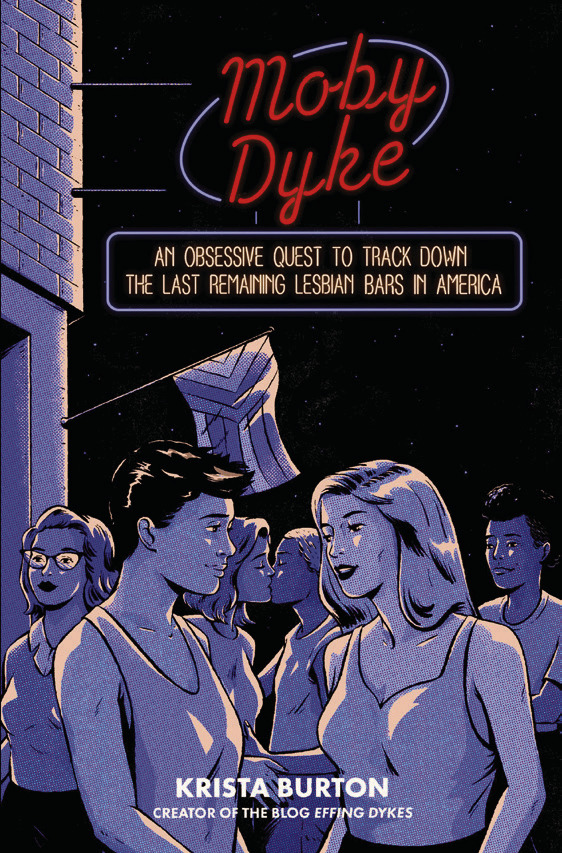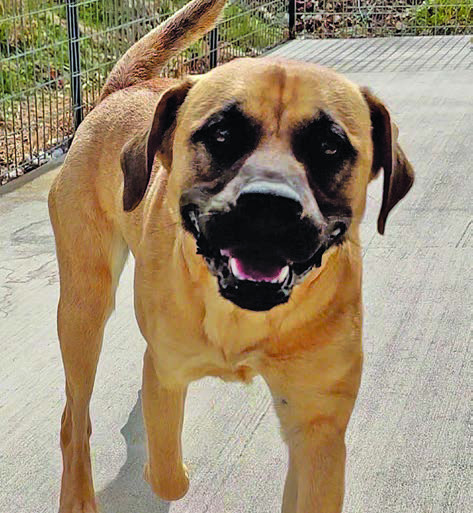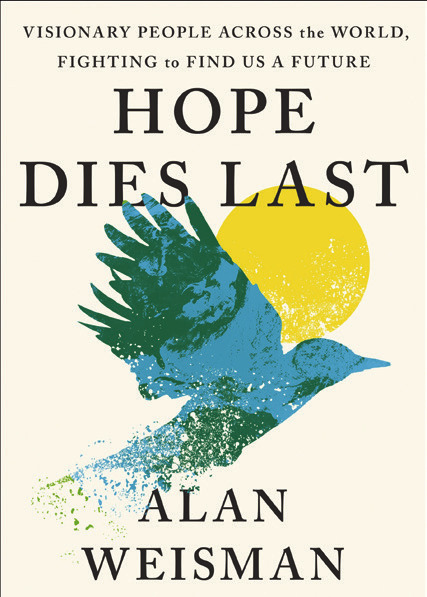“Moby Dyke: An Obsessive Quest to Track Down the Last Remaining Lesbian Bars in America”
c.2023, various publishers, Simon & Schuster, $28.99, 320 pages
The last stool on the left, over by the neon beer sign, is yours . That’s your spot, the place where you can see almost the entire place. You hold court there, have a few drinks there, and you meet new friends. On that stool, you’re among your people but enjoy it while you can: In “Moby Dyke” by Krista Burton, watch how your seat is in a dwindling place. A few years ago, toward the end of the pandemic, masking and lockdowns, Krista Burton was asked what she missed most. Her answer was a surprise: she longed to be in a crowded “dyke bar,” shoulder-to-shoulder with people like her. Dyke bars. Wouldn’t that make a great subject for a book? Burton found an agent but then she found bad news: Supposedly, there were just 20 lesbian bars left in the entire country! Not wanting to miss anymore opportunity, and with book contract in-hand, Burton began planning road trips. It was, she said, “the gayest possible dream project…” She began in San Francisco at “the oldest … lesbian-founded, owned, and continuously operated bar” there. From her home in Minnesota, she flew to New York City to visit two lesbian bars. A visit to a San Diego bar was wrapped up with a friend’ s wedding.
Burton’s husband, a trans man, loved the football atmosphere in a Milwaukee lesbian bar. She caught a drag show in Indiana. Columbus, Ohio, was “ extremely queer-friendly.” She endured karaoke in Nashville and she visited a cannabis dispensary while in Denver. Seattle was a place of nostalgia. She was mistaken for straight in Houston, was impressed by a real Dallas club, almost missed visiting a Mobile bar, wanted to quit when she was in Atlanta (but didn’t), then went to Phoenix and Richmond, imagined herself as a “senator’s gay wife” in Washington, D.C., and she wrapped her tour up in Tulsa and Oklahoma City.
Once, Burton says, LGBTQ people were persecuted and arrested for dancing, drinking and being themselves in a public place.
“We could all go anywhere now.” Just 20 lesbian bars? You’re giving that “Whaaaat?” squint, aren’t you? It’s OK, author-blogger Krista Burton addresses that number at the end of “Moby Dyke” by writing with delight that since lockdowns are over, lesbian bars have rebounded.
She doesn’t address the bars she missed in the first place … And yet, you’ll get the picture with the 20 she includes — in part, because, as she admits and as many bartenders and owners told her, lesbian bars aren’t just for lesbians anymore. To call a drinking establishment a “lesbian bar” ignores the diverse crowds, drag shows, quiet activism and inclusion that’s now offered alongside the fun Burton craved.
Don’t think this book is all about bar-hopping, either. It’s funny, with observations that are so sharp, they’ll cut you, and it’s part memoir. That’ll hurt your heart.
Yes, there are omissions in this book but what’s here overshadows what’s missing. If you want a fun, funny memoir-in-a-bar, grab “Moby Dyke” and pull up a stool.
— The Bookworm Sez



